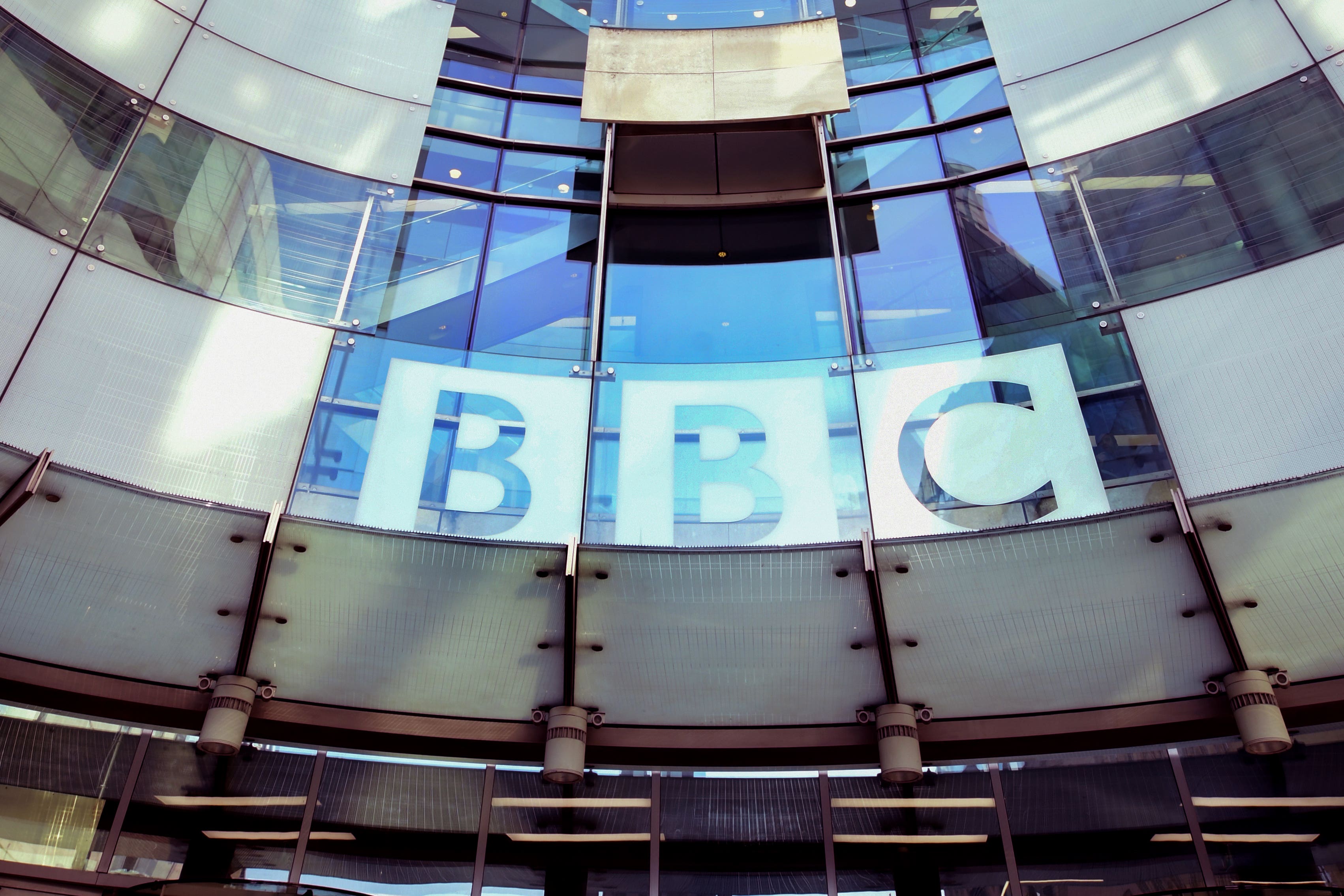Labour urges Government to reconsider ‘damaging’ proposed classical music cuts
The BBC previously said the move is part of plans ‘to invest more widely in the future of choral singing across the UK’.

Your support helps us to tell the story
From reproductive rights to climate change to Big Tech, The Independent is on the ground when the story is developing. Whether it's investigating the financials of Elon Musk's pro-Trump PAC or producing our latest documentary, 'The A Word', which shines a light on the American women fighting for reproductive rights, we know how important it is to parse out the facts from the messaging.
At such a critical moment in US history, we need reporters on the ground. Your donation allows us to keep sending journalists to speak to both sides of the story.
The Independent is trusted by Americans across the entire political spectrum. And unlike many other quality news outlets, we choose not to lock Americans out of our reporting and analysis with paywalls. We believe quality journalism should be available to everyone, paid for by those who can afford it.
Your support makes all the difference.Labour has urged the Government to support calls for the BBC to reconsider the “devastating and damaging” proposed cuts to classical music performing groups.
It comes after the BBC announced plans to scrap its in-house chamber choir, the BBC Singers, and reduce salaried orchestral posts across the BBC English Orchestras by around 20%.
Shadow culture minister Barbara Keeley told the Commons on Thursday: “The cost-of-living crisis appears to have caused the BBC to announce that some of the finest musicians in the world will lose their jobs.
“The BBC’s new strategy for classical music plans to deliver savings by axing the world-famous BBC Singers, the only full-time professional choir in the UK and making 20% redundancies in all BBC orchestras.”
Ms Keeley, who is MP for Worsley and Eccles South, said the proposed plans have been described as a “dark and shocking day for the world of choral music” as well as “cultural vandalism”.
She added: “I urge the minister and the Secretary of State to support the call on the BBC to reconsider this devastating and damaging decision to disband the BBC Singers and make 20% of jobs redundant in all its orchestras?”
The BBC previously said the proposed plans formed part of a new strategy for classical music which “prioritises quality, agility and impact” and the decision to close the BBC Singers would result in the loss of 20 posts.
The strategy follows a review in 2022 looking at the classical sector and the BBC’s role within it, it said.
The cost-of-living crisis appears to have caused the BBC to announce that some of the finest musicians in the world will lose their jobs.
Following the announcement, the Musicians’ Union (MU), which represents more than 30,000 members working across the sector, said it was in “urgent talks” with the broadcaster over the “utterly devastating” plans.
On Thursday, culture minister Stuart Andrew said the BBC is “operationally independent” but colleagues in his department “regularly meet with them and I’m sure they will be happy to raise many of the issues that she has just brought to the House”.
The BBC previously said that the move was part of a plan “to invest more widely in the future of choral singing across the UK” and launch a choral development programme for new talent.
It also said it aimed to create “agile ensembles” that can work with “more musicians and broadcasting from more venues – up to 50 – in different parts of the country”.
Those working across three English Orchestras – Symphony, Concert and Philharmonic – will be offered a voluntary redundancy programme to reach the 20% target, it said.
The BBC’s new strategy also includes doubling funding for music education and launching new training initiatives, and creating a single digital home for its orchestras.
The broadcaster previously confirmed that due to a freeze in the licence fee and inflation it faces a £400 million funding gap by 2026/2027 and must make savings.
Last year it announced hundreds of job cuts to its news service.
Tim Davie, who took over from Lord Tony Hall as director-general in September 2020, has overseen a slimming down of the corporation since starting in the role.
The BBC has been contacted for comment.